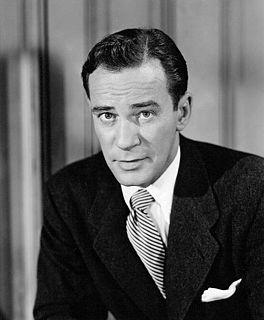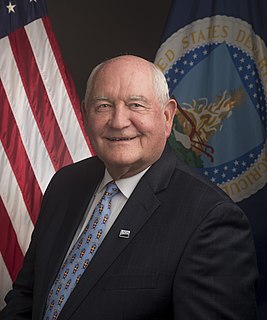A Quote by Richard Paul Evans
So often the pain of our life is no more than a reminder to take our hand off the stove.
Related Quotes
Why is fear part of earth life? Perhaps our Heavenly Father’s greatest hope is that through our fears we may choose to turn to Him. The uncertainties of earth life can help to remind each of us that we are dependent on Him. But that reminder is not automatic. It involves our agency. We must choose to take our fears to Him, choose to trust Him, and choose to allow Him to direct us. We must make these choices when what we feel most inclined to do is to rely more and more on our own frantic and often distorted thinking.
Pain - physical, emotional and spiritual pain - is more than just a condition that needs to be silenced, numbed or "fixed." Pain in all its forms is also a message, a kind of distress signal to our hearts and minds. There are times when it's really important to tune into that message and just listen to it. When we don't listen, our understanding of the world gets more and more distorted, and we become capable of doing things we very often regret.
The people who survive avoid snowball scenarios in which bad trades cause them to become emotionally destabilized and make more bad trades. They are also able to feel the pain of losing. If you don't feel the pain of a loss, then you're in the same position as those unfortunate people who have no pain sensors. If they leave their hand on a hot stove, it will burn off. There is no way to survive in the world without pain. Similarly, in the markets, if the losses don't hurt, your financial survival is tenuous.
Nothing helps us build our perspective more than developing compassion for others. Compassion is a sympathetic feeling. It involves the willingness to put yourself in someone else's shoes, to take the focus off yourself and to imagine what it's like to be in someone else's predicament, and simultaneously, to feel love for that person. It's the recognition that other people's problems, their pain and frustrations, are every bit as real as our own-often far worse. In recognizing this fact and trying to offer some assistance, we open our own hearts and greatly enhance our sense of gratitude.
Maybe we should be directing our anger elsewhere - like toward Wall Street. Why is it we never think of Big Business when we think of welfare recipients? Companies take more of our tax dollars, and in much more questionable ways, than do those who are trying to heat their apartments with a kerosene stove.
As brother stands by brother in distress, binding up his wounds and soothing his pain, so let us show our love towards our enemy. There is no deeper distress to be found in the world, no pain more bitter than our enemy's. Nowhere is service more necessary or more blessed than when we serve our enemies.
The burning conviction that we have a holy duty towards others is often a way of attaching our drowning selves to a passing raft. What looks like a giving hand is often a holding on for dear life. Take away our holy duties and you leave our lives puny and meaningless. There is no doubt that in exchanging a self-centered for a selfless life we gain enormously in self-esteem. The vanity of the selfless, even those who practice utmost humility, is boundless.
I'm not sure leaders listen enough, especially to their people. And I've always thought in everything I've tried to do in my life, in the jobs I've had, is that if we can turn our transmitters off and our receivers on more often, we're better leaders and we know more of what is going on and therefore we can lead more effectively.


































